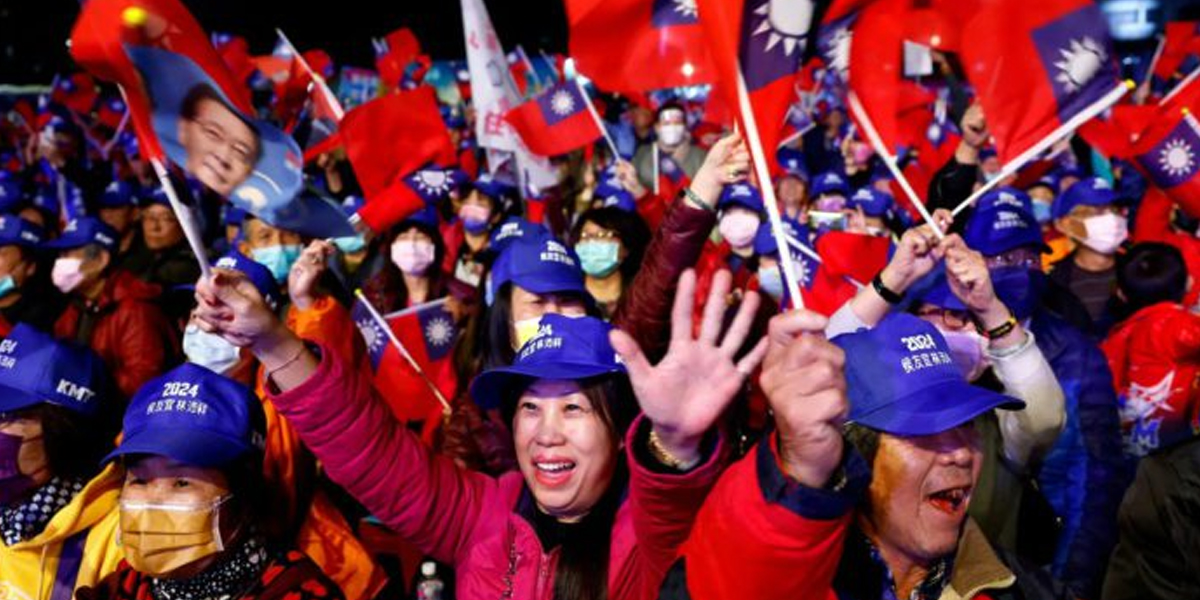The Taiwan election attracted international attention won by Lai Ching Te, the candidate of the ruling Democratic Progressive Party, renowned for its pro-independence stance. While US Secretary of State Antony Blinken sent Taiwanese president-elect William Lai a message of congratulations following the result, Beijing was believed to have favored the candidate from the more China-friendly Nationalist Party, also known as Kuomintang (KMT) and firmly opposes the US having any form of official interaction with Taiwan and interfering in Taiwan affairs in any way or under any pretext.
On January 13th, 2024, Taiwan’s presidential election was won by Lai Ching-te, the nominee of the ruling party. The election attracted international attention considering Beijing opposed Ching, the candidate of the ruling Democratic Progressive Party, which is renowned for its pro-independence stance.
In Taiwan’s democratic history, this is the first time a political party has been elected to three terms in office. Lai has assured people time and time again that he will uphold the policies of outgoing President Tsai Ing-wen to preserve Taiwan’s democracy and sovereignty.
In his first remarks after his opponents conceded, he signalled that this was an irreversible trajectory. “The country will continue to walk on the right path forward. We will not turn around or look backward,” he told the world’s media in a press conference. Later, while addressing tens of thousands of ecstatic supporters on the streets of Taipei, Mr. Lai characterized his win as a triumph of democracy.
“We’ve done it. We didn’t let external forces influence our election. That’s because we decided that only we can choose our president,” he said.
While US Secretary of State Antony Blinken sent Taiwanese president-elect William Lai a message of congratulations following the result. Beijing called the message a violation of Washington’s commitment to maintain only unofficial ties with Taiwan.
Beijing was believed to have favored the candidate from the more China-friendly Nationalist Party, also known as Kuomintang, or KMT. Its candidate, Hou Yu-ih, also had promised to restart talks with China while bolstering national defense. He had vowed not to move toward unifying the two sides of the Taiwan Strait if elected.
Beijing stated the results insisting that “Taiwan is part of China“. Commenting on the election results, a Foreign Ministry spokesperson said that the Taiwan question is China’s internal affair, and regardless of changes that take place in Taiwan, the basic fact that there is only one China of which Taiwan is a part will not change.
Furthermore, China’s foreign ministry said Mr. Blinken’s congratulations violated the US’s promise to maintain “only cultural, commercial, and other unofficial relations” with Taiwan.
“China firmly opposes the US having any form of official interaction with Taiwan and interfering in Taiwan affairs in any way or under any pretext.”
Moreover, following the unofficial group of former US officials meeting with Lai and other prominent political members in Taiwan only hours after the self-governing island elected Mr. Lai, Beijing’s statement is likely to be understood as a warning to Washington.

